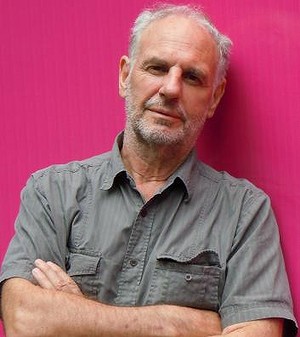
Philip Nitschke.
The subjects of euthanasia and its high-profile advocate Dr Philip Nitschke evoke emotive and polarised responses. It was therefore no surprise that the recent decision of the Medical Board of Australia’s South Australian board to take “immediate action” by suspending Dr Nitschke’s registration as a medical practitioner led to passionate debate about the board. This commentary has exposed unfavourable perceptions – some of them misconceptions – about the board, but nonetheless raised an important question regarding the appropriateness and legality of its functions.
Dr Nitschke and ethicist Professor Peter Singer have expressed a common misunderstanding that the board has unbridled power to suspend a doctor’s registration merely for reasons of political expediency or a particular moral view. Dr Nitschke has been quoted as describing the board’s decision as a “political suspension” based on “a difference in ideology”. Similarly, this week Professor Singer expressed concern that the board had suspended Dr Nitschke’s registration on the basis of its “moral judgment” – which is not shared by Dr Nitschke or Professor Singer – that people not suffering from a terminal illness could make a rational decision to die. Yet, however influenced board members may personally be by political, moral or social pressures, they would be unable to uphold a decision to suspend Dr Nitschke’s registration if it was based purely on a position that euthanasia is unethical.
The suspension of a health practitioner’s registration can have dramatic consequences for the practitioner’s livelihood and reputation. Consequently, the Health Practitioner Regulation National Law does not enable the board to take such a decision lightly. The board can only suspend a practitioner’s registration if it “reasonably believes that because of the registered health practitioner’s conduct, performance or health, the practitioner poses a serious risk to persons; and it is necessary to take immediate action to protect public health or safety”.
A reasonable belief must be based on something greater than mere assertion, suspicion or conjecture. “Serious risk” is a real, and not fanciful or theoretical, risk that necessitates urgent intervention to protect the public.
